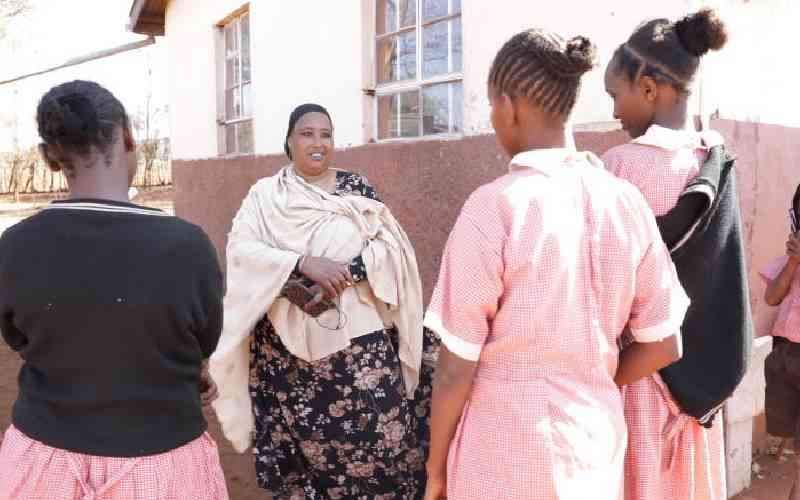
In the past year, I have been listening to different conversations about medical Female Genital Mutilation (FGM) and how it is allegedly safer compared to the traditionally performed FGM. But can we really medicalise a crime and make it okay?
FGM is a crime that takes away so much from women and girls. Not only does FGM have zero medical or health benefits, it literally puts the lives of women and girls at risk and exposes them to many morbidities. Whether performed medically or traditionally, FGM is an act that strips women and girls of their human rights and therefore should not be tolerated.